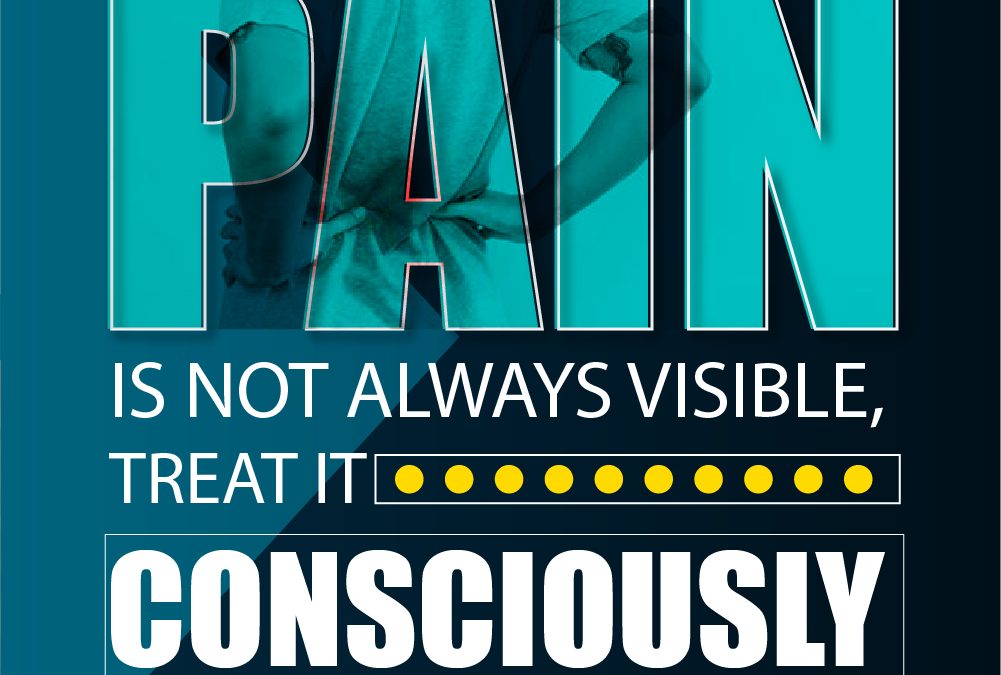Pain can be referred to as a body’s normal reaction to an injury or illness, a warning that something is uncomfortable and wrong. Once the body heals, it usually stops hurting.
Pain can affect people of all ages and both sexes. In many cases, it can be seen that pain continues long after its cause is gone. In cases where it lasts for 3 to 6 months or more, it’s called chronic pain. If the pain is felt day after day, it can take a toll on both emotional and physical health. Pain is a complex experience that is thoroughly tuned by the brain and not just a message from injured tissues to be accepted at face value.
Chronic pain is debilitating and adversely affects millions of American lives. It can originate from an injury or condition and then persist for months and even longer. Chronic pain can severely impact the quality of life.
The roots of chronic pain can be both physical and mental. In many cases, chronic pain can often start with an injury or painful condition such as Arthritis and other joint problems, Back pain, Headaches, Muscle strains and sprains, Repetitive stress injuries, when the same movement over and over puts a strain on a body part, Nerve damage, Broken bones, Cancer, Surgery, etc.
People with chronic pain have a problem with the nerve system and glands that the body uses to handle stress. As a result, it makes them feel pain differently. Experts also say that Chronic Pain is a learned response. When in pain, people may start to repeat certain bad behaviors even after the pain is gone or has lessened.
Chronic Pain can affect a person’s physical health, emotions, and even social life over time. Some common symptoms of these conditions are hypersensitivity, burning sensations, and pain in the limbs. The pain can also lead to other symptoms, such as anxiety, depression, poor sleep, feeling very tired or wiped out, irritability, guilt, loss of interest in sex, drug or alcohol abuse, marriage or family problems, job loss, and even suicidal thoughts.
Ketamine helps in these conditions by inhibiting the release of pain-causing chemicals in the body. Ketamine IV infusions are more effective and less risky compared to narcotics for pain treatment. The infusions also treat the mood disorders that generally accompany chronic pain, such as depression.





